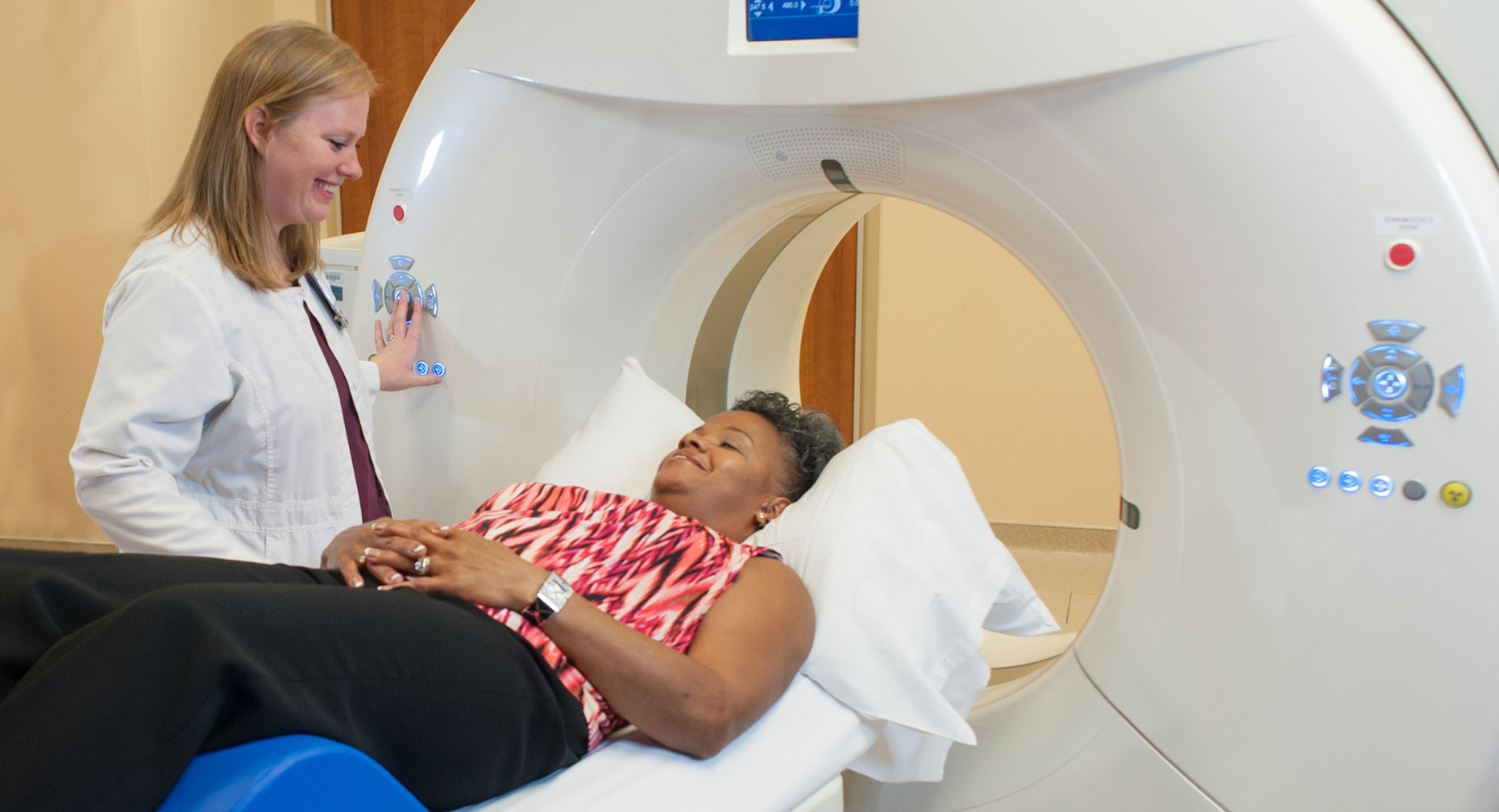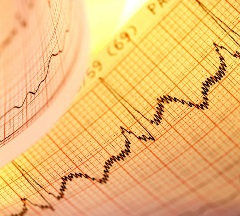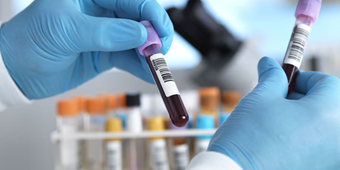Keeping Score: A Way to Measure Heart Disease Risk

Find Your Perfect Match
Answer a few questions and we'll provide you with a list of primary care providers that best fit your needs.
Does the following describe you?
- Heart disease runs in your family.
- You’re being treated for high blood pressure, elevated cholesterol, or obesity because they increase your risk of heart disease.
- You haven’t yet had heart disease symptoms like chest pain, shortness of breath or fatigue.
If so, you may be wondering how much you’re at risk of having a heart attack.
Your concern could be answered by a heart CT, also called coronary artery calcium scoring — an imaging test conducted in about 10 minutes with computed tomography (CT).
Heart CT provides a cross-sectional view of your coronary arteries and measures the amount of calcium in them. “Your coronary arteries supply blood to your heart,” explains cardiologist Zakaria Sheikhaden, DO, FACC, with Premier Cardiovascular Institute. “If you have calcium building up inside those arteries, it could obstruct the flow of blood and increase your chances of a heart attack.”
“The coronary calcium scoring test is a reasonable predictor of heart disease risk,” says Dr. Sheikhaden
Am I a Good Candidate For the Test?
The American Heart Association recommends calcium scoring for those who have some risk of heart disease. “It would be for someone who has diabetes, premature family history of coronary artery disease, or takes blood pressure or cholesterol medication. Any adult who has some underlying risk for heart problems,” Dr. Sheikhaden explains. Risk factors for heart disease include:
- Smoker
- Diabetes
- Obesity
- Premature family history of coronary artery disease
- Hypertension
- Stroke
Who Should Not Be Tested?
If you’re pregnant or if there’s any possibility you could be pregnant, you should not be tested. “And you wouldn’t need testing if you eat healthy, exercise regularly, and have none of the risk factors of heart disease,” says Dr. Sheikhaden. He notes that heart CT isn’t helpful for people who have already had heart disease treated with stents or bypass surgery or who are having cardiac symptoms such as chest pain or shortness of breath.

What Your Score Means
A score of zero means that no calcium is present in your arteries. If calcium is present, the higher the score, the higher your risk of heart disease.
- 1 to 99 indicates a mild risk of heart disease or heart attack.
- 100 to 400 indicates you have moderate amounts of calcium and a fairly high risk of heart disease or heart attack in the next three to five years.
- Greater than 400 indicates you have a very high risk of severe heart disease or a heart attack.
Your doctor will consider your age when looking at your score. “If you’re 40 years old, a score of 100 would have your doctor concerned,” Dr. Sheikhaden explains. “But if you’re 75 years old with the same score, we wouldn’t be as concerned because at that age we would expect some wear and tear on your heart.”
Your doctor may also provide you a percentile score which indicates how your amount of calcium compares to others who are your same age and sex.
Dr. Sheikhaden explains that results of your test will help your doctor determine if you should be treated to reduce your risk of heart disease, or if your current treatment plan should be modified in some way. Medication or lifestyle changes may be recommended. Sometimes results open the door to more testing — to better determine the degree of risk and to rule out a false positive calcium score. With any test, there’s always a risk for a false positive.
Calcium scoring is one of several tests available to diagnose heart disease.
What Does the Test Involve?
The heart CT is noninvasive. The test requires no needles, no dyes, no injections, and no exercise. And you’ll stay in your street clothes during the test.
You’ll lie flat on your back on the CT examination table. A technician will attach electrodes to your chest on small, sticky discs to monitor electrical activity of your heart with an electrocardiograph (ECG) machine. This enables CT scans to be recorded between contractions of your heart to create a clearer image.
While lying on the table, you’ll be asked to hold your breath for 10 to 20 seconds while the CT machine performs the scans.
The entire procedure is usually completed within 10 minutes.
Risks Vs. Benefits Of Calcium Scoring
“In any diagnostic testing, we always need to weigh risks and benefits. The benefits of calcium scoring outweigh the risks. Therefore, always consult with your primary care physician or cardiologist before undergoing coronary calcium scoring,” says Dr. Sheikhaden.
Although CT scans result in more radiation exposure than regular X-rays, the risk from a single scan is small. The radiation dose is similar to that of a year of natural radiation exposure.
Ready To Schedule Your Test?
It’s easy to fit a heart CT into your busy life. Premier Health offers convenient locations in Butler, Greene, Miami, Montgomery, and Warren counties. Call (855) 887-7364(855) 887-7364 to talk to a member of our scheduling team.
Find Your Perfect Match
Answer a few questions and we'll provide you with a list of primary care providers that best fit your needs.
Source: National Heart, Lung and Blood Institute; MedlinePlus; American Heart Association; Zakaria Sheikhaden, DO, FACC, Premier Cardiovascular Institute





